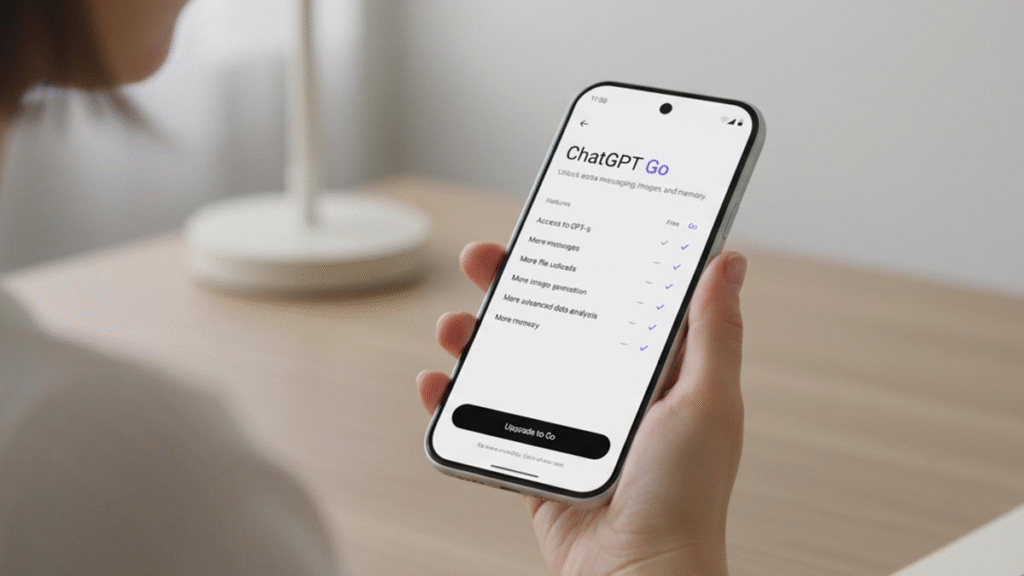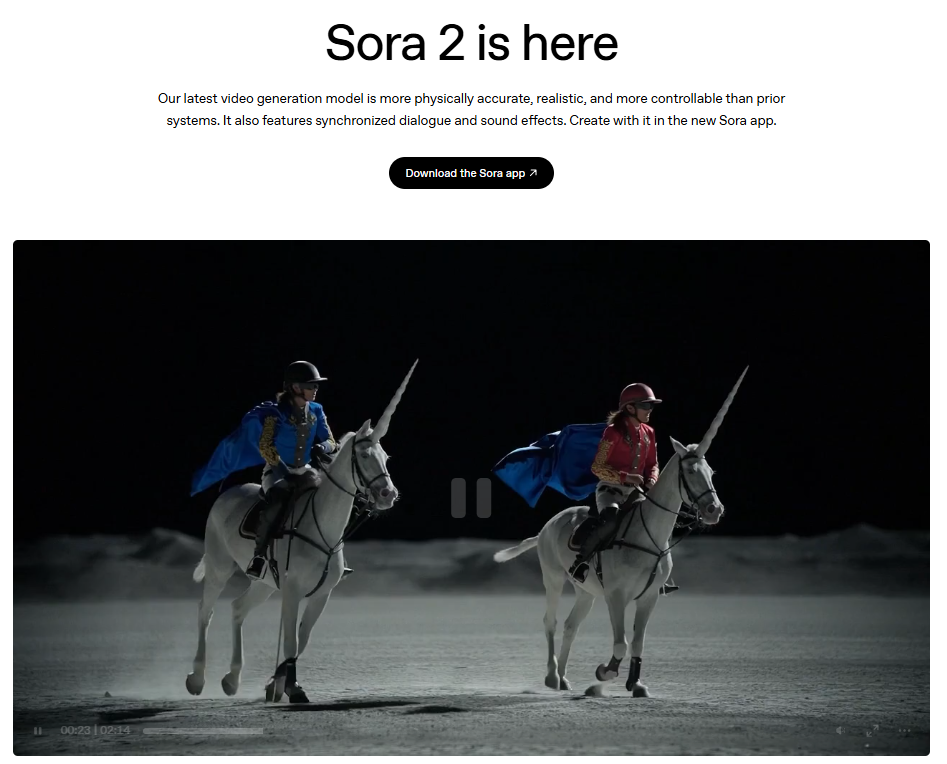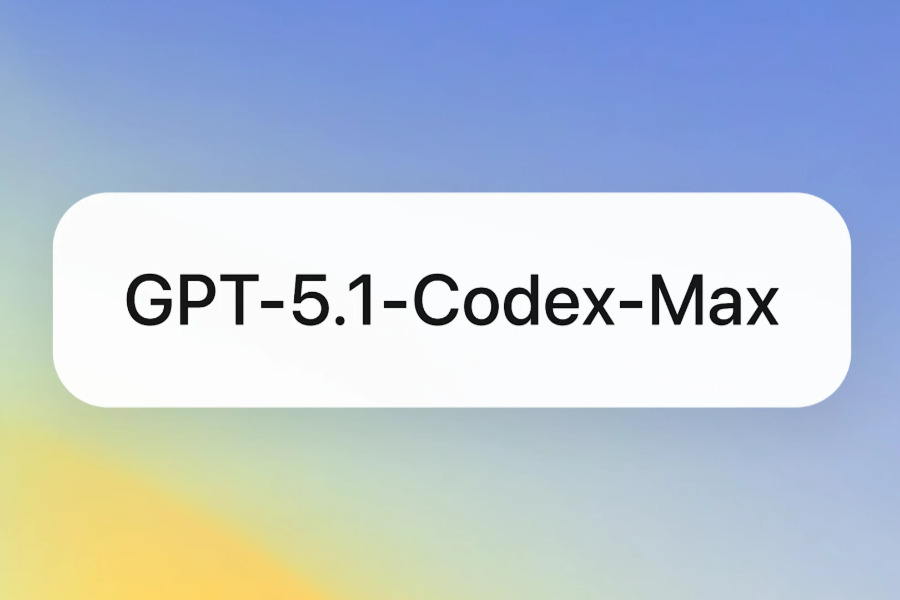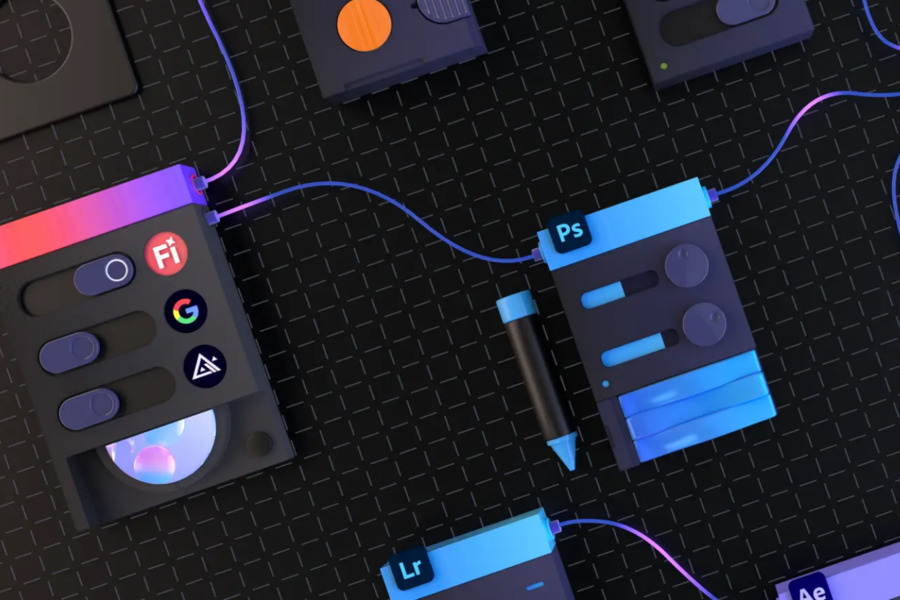Welcome to AgiYes‘s AI News Weekly!
The AI landscape is evolving at an unprecedented rate. This week delivered significant breakthroughs, from powerful foundation models to novel applications. Join us to explore the most cutting-edge AI news and the developments shaping our future.
Top 10 AI News from October 4–10, 2025
1. Google Cloud Releases Gemini Enterprise
Google Cloud has launched Gemini Enterprise, a new AI platform designed to provide powerful tools for everyday employees. The platform aims to help workers across various departments automate complex tasks and generate content efficiently.
Priced at $30 per user per month, Gemini Enterprise offers a unified interface for employees to chat with enterprise data, search for information, and utilize AI agents for diverse tasks. Google Cloud CEO Thomas Kurian stated this move “democratizes how people can access AI” and represents Google’s broader push to compete with Microsoft’s Copilot and OpenAI’s ChatGPT Enterprise in the workplace AI sector.
2. OpenAI Releases GPT-5 Pro API
OpenAI has officially launched its GPT-5 Pro API, marking a significant upgrade in its model lineup. As OpenAI’s most powerful model to date, it features an impressive 400,000-token context window and supports both text and image inputs. The model is specifically designed for complex tasks in fields like scientific research and legal analysis.
Priced at $15 per million input tokens, GPT-5 Pro is accessible via the Responses API with high reasoning effort configuration. The API also includes priority processing that delivers requests 40% faster than standard tiers.
3. OpenAI Expands ChatGPT Go Across Asia

OpenAI is bringing its ultra-affordable ChatGPT Go plan to 16 new countries across Asia. Priced at under $5 per month, this expansion aims to make AI chat services more accessible to users in Afghanistan, Bangladesh, Bhutan, Brunei, Cambodia, Laos, Malaysia, Maldives, Myanmar, Nepal, Pakistan, Philippines, Sri Lanka, Thailand, Timor-Leste, and Vietnam.
This strategic move helps OpenAI tap into growing Asian markets where budget-conscious consumers and developers seek entry-level AI solutions.
4. xAI Introduces Grok Imagine v0.9
xAI has released Grok Imagine v0.9, an upgraded video generation model that’s gaining attention for its native audio-visual synchronization and rapid generation capabilities. The model can transform static images into dynamic videos while seamlessly integrating background music, dialogue, and even singing elements.
This technology enables everyday users to “direct” professional-level short videos, positioning Grok Imagine as a competitive player in the rapidly evolving AI video generation space.
5. OpenAI’s Sora 2 Makes Waves

OpenAI’s video generation application Sora has created significant buzz with its newly upgraded Sora 2 video model. Upon its debut in the U.S. App Store, the application saw explosive interest, with installations quickly skyrocketing and the app reaching the third position in the U.S. App Store’s overall rankings.
Sora 2 offers more realistic, physically consistent scenes with synchronized sound and greater creative control compared to its predecessor.
6. Synthesia 3.0 Upgrades with “Video Agents”
Synthesia has launched version 3.0 of its video avatar platform, introducing groundbreaking Video Agents functionality. These AI-powered agents can appear in videos and interact with viewers in real-time, answering questions or proactively asking them.
The agents can access company-specific information, making them particularly valuable for corporate training, customer service, and internal communications. This upgrade significantly enhances the interactivity and authenticity of AI-generated video content.
7. Figma Partners with Google to Integrate Gemini AI
Design platform Figma has announced a partnership with Google to integrate Gemini AI technology into its design tools. The collaboration will incorporate multiple Gemini models including Gemini 2.5 Flash, Gemini 2.0, and Imagen 4 to address the evolving needs of product designers and their teams.
This integration builds upon Figma’s previous AI application building tools and represents a significant enhancement to its AI capabilities.
8. OpenAI Codex Reaches General Availability
OpenAI has transitioned its AI programming assistant Codex to general availability, introducing several innovative features for teams and enterprise developers. The upgrade aims to enhance programming efficiency, facilitate team collaboration, and optimize development workflows.
Since August, daily active users of Codex have grown by more than 10 times, with GPT-5-Codex emerging as one of the fastest-growing models. Within just three weeks of launch, the platform processed over 40 trillion tokens, reflecting its strong adoption among developers.
9. Google Gemini CLI Gains Extension Capabilities
Google has enhanced its Gemini command-line interface (CLI) with a new extensions feature. This functionality allows users to connect their preferred tools with the AI-powered command line, enabling personalized operations.
Google announced that these extensions will be hosted on public GitHub repositories, allowing any developer to publish their extensions without direct approval from Google. This open approach aims to foster innovation and customization within the developer community.
10. Google’s AI Coding App Opal Expands Globally
Google has expanded access to its AI-powered no-code application development tool Opal to 15 new countries and regions. The expansion includes Canada, India, Japan, South Korea, Vietnam, Indonesia, Brazil, Singapore, Colombia, El Salvador, Costa Rica, Panama, Honduras, Argentina, and Pakistan.
This global rollout aims to bring this revolutionary tool to a broader community of creators worldwide, enabling them to transform ideas into fully functional mini-web applications without writing any code.
Final Thoughts on This Week’s AI News
This week’s developments underscore the rapid acceleration of AI integration across enterprise solutions, content creation tools, and global accessibility initiatives.
As major players like Google and OpenAI continue to release sophisticated AI products, the technology becomes increasingly accessible to businesses, developers, and consumers worldwide.
Read More:



